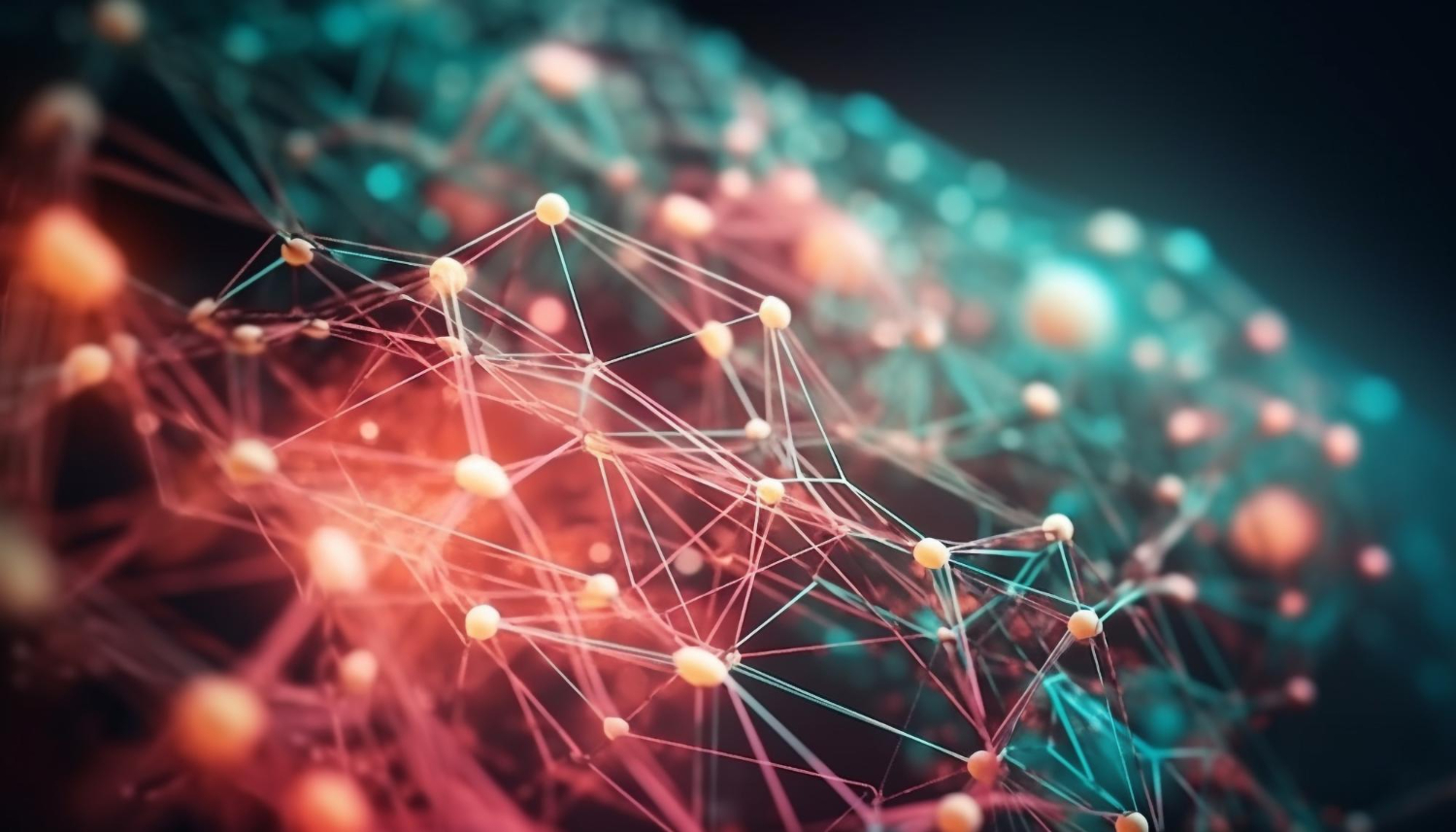In recent years, the concept of Web3 has gained significant attention worldwide. Moreover, Web3, also known as the decentralized web, is poised to revolutionize the way we interact with the internet. Consequently, this article explores the emergence of Web3 in the Philippines and its potential to shape the country’s digital landscape.
Embracing the Decentralized Web
Web3: The Future of the Internet
Web3 represents a paradigm shift from the traditional centralized web. Additionally, it leverages blockchain technology to create a decentralized infrastructure where users have more control over their data and digital assets. Furthermore, by removing intermediaries and enabling peer-to-peer interactions, Web3 fosters a more secure, transparent, and user-centric online experience.
Web3 Adoption in the Philippines
The Philippines, known for its vibrant tech-savvy population, has been quick to embrace Web3. Furthermore, with a growing community of developers, entrepreneurs, and enthusiasts, the country is actively exploring the potential of decentralized technologies. Moreover, from blockchain-based financial services to decentralized applications (dApps), the Philippines is positioning itself as a hub for Web3 innovation.
Advantages of Web3 Adoption in the Philippines
The adoption of Web3 in the Philippines offers numerous advantages. Firstly, it promotes financial inclusion by providing accessible and low-cost financial services to the unbanked population. Similarly, blockchain-based solutions enable secure and efficient cross-border remittances, reducing transaction costs and enhancing financial accessibility for Filipinos abroad.
Secondly, Web3 enhances data privacy and security. By decentralizing data storage and utilizing cryptographic protocols, individuals have more control over their personal information, reducing the risk of data breaches and unauthorized access. Furthermore, Web3 enables trustless and transparent transactions through smart contracts. These self-executing contracts facilitate secure and automated interactions, eliminating the need for intermediaries and reducing transactional friction.
Web3 Applications in the Philippines
Blockchain in Supply Chain Management
One significant application of Web3 in the Philippines is in supply chain management. Additionally, the decentralized nature of blockchain technology ensures transparency and traceability throughout the supply chain process. Consequently, this helps eliminate fraud, counterfeiting, and ensures fair compensation for farmers and producers.
Decentralized Finance (DeFi)
Decentralized Finance, or DeFi, is another area where Web3 is making an impact in the Philippines. DeFi applications provide alternative financial services such as lending, borrowing, and asset management without the need for traditional intermediaries. This empowers individuals to take control of their finances and access financial services that were previously inaccessible or expensive.
Social Impact and Governance
Web3 technology has the potential to drive positive social impact and improve governance in the Philippines. Blockchain-based platforms can enhance transparency and accountability in various sectors, including public administration, healthcare, and voting systems. By leveraging decentralized networks, corruption and fraud can be minimized, leading to more efficient and trustworthy governance.
Frequently Asked Questions (FAQs)
Q: How does Web3 ensure the security of transactions?
A: Web3 utilizes advanced cryptographic algorithms and consensus mechanisms to secure transactions. These technologies provide tamper-proof records and protect against fraudulent activities.
Q: What are the risks associated with Web3 adoption?
A: While Web3 offers significant advantages, there are risks to consider. These include regulatory uncertainties, scalability challenges, and potential security vulnerabilities in smart contracts.
Q: Are there any Web3 projects currently underway in the Philippines?
A: Yes, the Philippines has seen the emergence of several Web3 projects. These include blockchain-based remittance platforms, decentralized identity solutions, and NFT marketplaces.
Conclusion: The Future of Web3 in the Philippines
As the world transitions towards a decentralized future, the Philippines stands at the forefront of Web3 adoption. With its tech-savvy population and a growing ecosystem of developers and entrepreneurs, the country is poised to leverage Web3 technologies to drive economic growth, financial inclusion, and social impact. By embracing the decentralized web, the Philippines is setting the stage for a more transparent, secure, and user-centric digital future.



